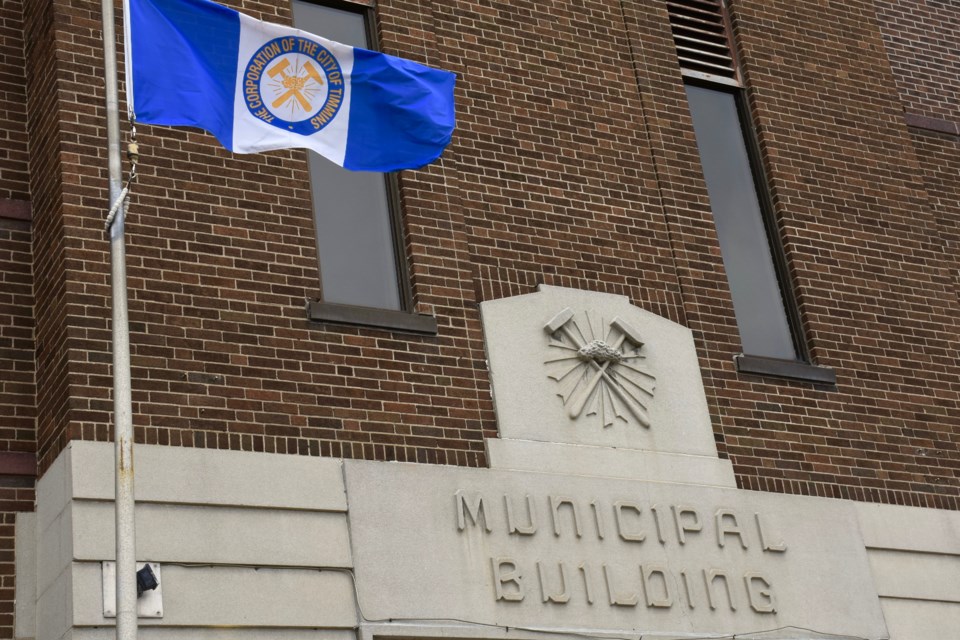As people being evacuated from Pikangikum First Nation begin to arrive in Timmins, a state of emergency has been declared in the city.
It's the third state of emergency in Timmins since April 2020, but it's a little different than the previous ones.
This one is not related to COVID-19. Instead, it's to allow for access to additional resources and provincial aid as the city hosts evacuees from northwestern Ontario where there are nearly 100 active forest fires.
“I call it more of an administrative state of emergency," said Tom Laughren, fire chief and emergency management coordinator.
"It’s not that we have anything hardcore going on in our community other than we’re hosting. There are services and requirements that we have to provide once we’re into that hosting mode so it just allows us the flexibility to be able to do those quickly as well.”
The declaration also allows any volunteers helping with hosting activities to be covered by WSIB.
The city is familiar with hosting people being evacuated from First Nations.
Back in 2019, more than 800 people were accommodated in the city because of spring flooding on the James Bay coast.
This is the first time that a state of emergency has been declared to host evacuees.
Laughren said it ties in with the emergency plan, which was updated in December 2019. Declaring a state of emergency as a host community is a step that will be taken on a regular basis, he said.
“When we host we’re bringing people in who are coming from a state of emergency and evacuation orders either through chief and council or through the province … it helps create that awareness not only for them, but our community,” he said.
For the evacuation from Pikangikum First Nation, evacuees began arriving yesterday in Timmins.
Laughren said there are 150, which is the maximum the city is comfortable with given that it's just coming out of a state of a emergency and high COVID-19 case numbers.
At this point, he said everything is going well. Because there are a lot of younger families with children that are staying in the city, activities geared toward that are being put in place.
Yesterday, the province declared an Emergency Area Order for all of northwestern Ontario.
The order gives the Ministry of Northern Development, Mines, Natural Resources and Forestry the authority to take special measures to ensure the safety of people and the protection of property.
There are three First Nation communities in the northwest being evacuated — Pikangikum, Deer Lake and Poplar Hill.
The other host communities for evacuees are Thunder Bay, Kapuskasing, Cochrane, Cornwall, Dryden and Sudbury.
There have been two states of emergency due to COVID-19 in Timmins.
The most recent ran from May 17 to June 23, with the first lasting from April 3, 2020 to Aug. 19, 2020.
